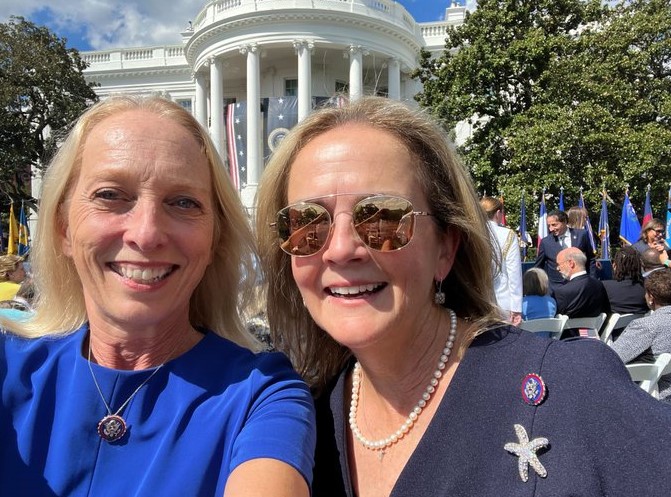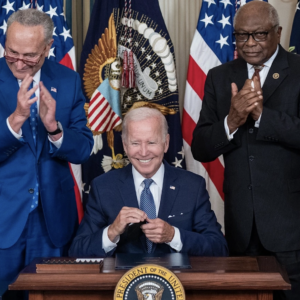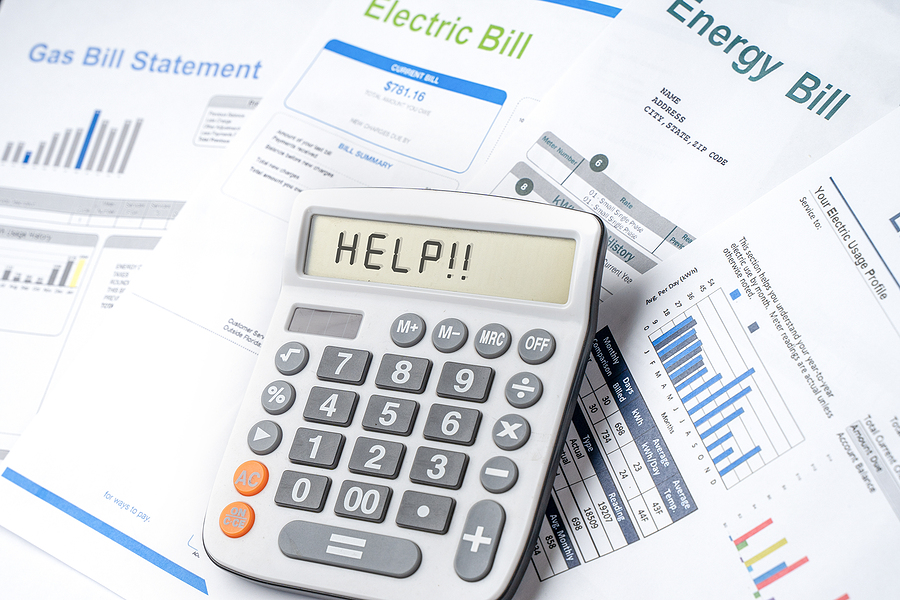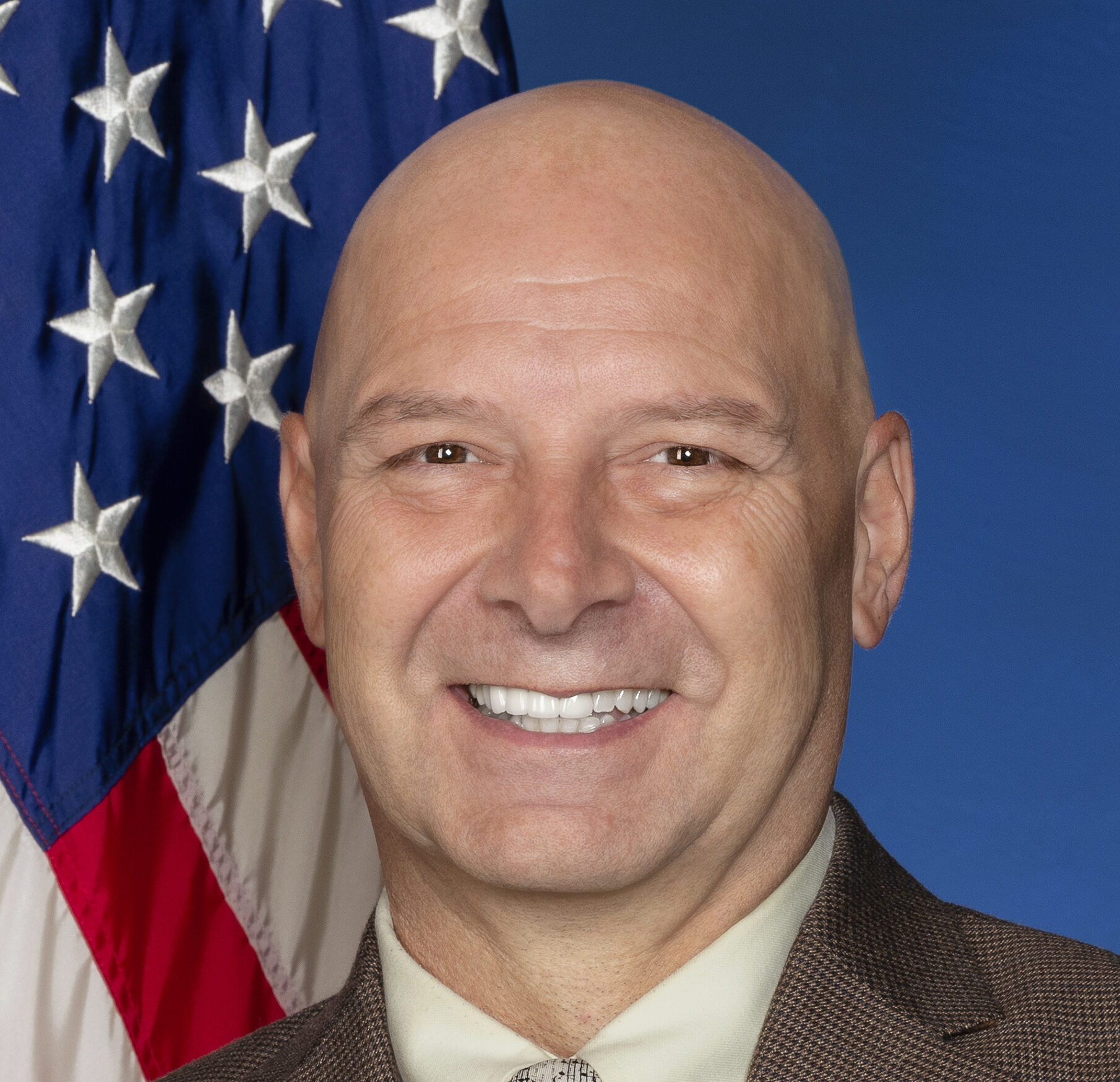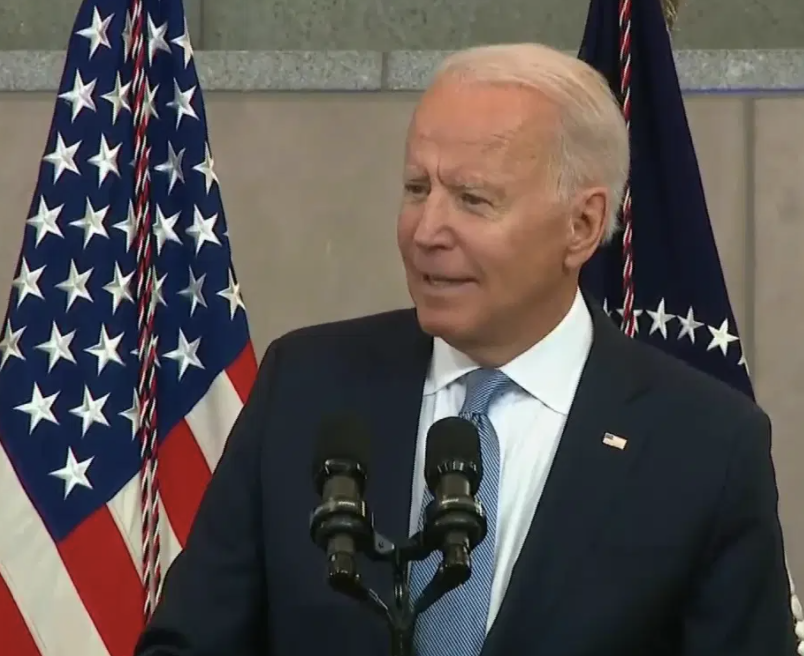TOMB: A Federal Power Grid Would be Everyone’s Worst Nightmare
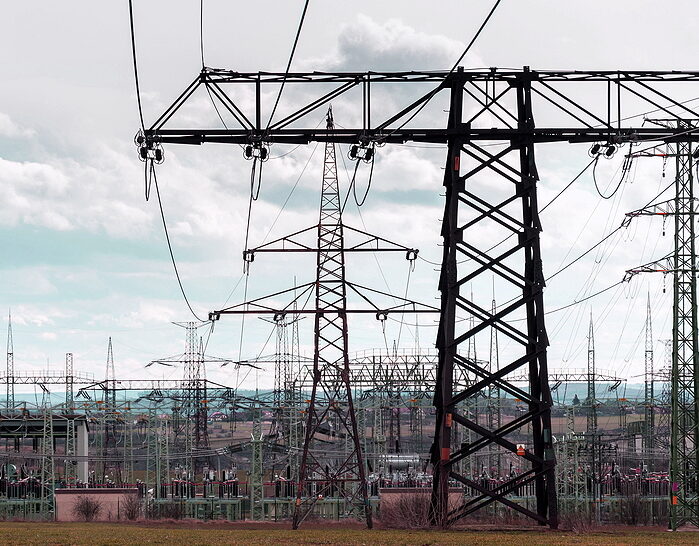
When a cold snap in December 2022 caused widespread power outages, central planners eagerly called upon the federal government to play a larger role in our power grids to minimize deadly blackouts.
The left-wing Rocky Mountain Institute (RMI) dubbed the United States the only country “without a plan.” The electric system’s “fragmented planning framework is highly problematic because the power grid is under growing stress from climate change-related extreme weather,” claimed RMI.
Reuters published a lengthy special report about a “creaky grid” hampering wind and solar energy. The piece lamented how the federal government “lacks the authority to push through the massive grid expansion and modernization needed to withstand wilder weather and accommodate EVs and renewable power.” Furthermore, the article described the U.S. grid as “a Byzantine web of local, state, and regional regulators.”
To be sure, current grid management is far from perfect. The North American Electric Reliability Corp recently reported that more than half of the U.S. population is at risk of outages during frigid winters.
However, turning the electric system over to federal bureaucrats would be like making a vandal the property manager of an apartment complex.
The federal government’s overzealous environmental regulations and quasi-religious commitment to “green” energy have significantly contributed to grid reliability issues. And these problems are increasingly manifesting as life-threatening and costly blackouts.
Voters, consumers, and lawmakers should be skeptical of seemingly reasonable recommendations for “better planning and coordination” among the dozen regional power grids—especially when they demand increased federal oversight.
For example, RMI suggested that the Federal Energy Regulatory Commission (FERC) require “both a minimum amount of inter-regional transfer capability and a robust inter-regional planning process.”
However, inter-regional power sharing and planning already exist, and the real impetus for increasing federal involvement is the “green” agenda to add more wind and solar to the grid.
Unfortunately, we are already heading in the wrong direction, moving from stable, always-available power sources (e.g., coal, gas, and nuclear) toward unreliable wind and solar. This transition—imposed by subsidies and government fiat—is straining the nation’s electrical grid.
Our federal bureaucracy has undermined the integrity of the power grid by forcing early retirements of reliable coal-fired power plants. Targeted by federal and state regulators hostile to coal, the Homer City power station, Pennsylvania’s largest plant, closed last July. Two more, the Pittsburgh-area Keystone and Conemaugh plants, will shut down in the next four years.
Federal meddling in energy markets also includes the proliferation of “green” energy subsidies. These subsidies’ corrosive influence dilutes the original mission of power grids, such as the PJM Interconnection serving Pennsylvania and 12 other states, according to former FERC official James Danly.
“[Energy] markets have become something closer to a mechanism by which to harvest … subsidies, rather than what they were intended to do, which is ensure least-cost dispatch of available resources and to incentivize new investment,” said Danly.
The Inflation Reduction Act (IRA) will make matters worse.
“For the most part, [grids] have embraced the goal of economic efficiency,” writes Travis Fisher, the director of energy and environmental policy studies at the Cato Institute. “However, some … have begun to include the ‘clean‐energy transition’ and ‘environmentally sustainable power system’ in their mission statements.”
Fisher’s worry: “The IRA will push [grids] further into a new era in which the goal of economic efficiency [i.e., affordable energy] is secondary to environmental goals or ignored entirely.”
Some state lawmakers want to head the federal government off at the pass. After several hearings, Pennsylvania’s Senate Environmental Resources and Energy Committee recently proposed an Independent Energy Office to sort out the complex issues of the commonwealth’s energy landscape.
Undoubtedly, there is much to do in the Keystone State, one of the nation’s largest energy producers. Pennsylvania’s elected officials must bolster the management of the life-sustaining electric system and increase access to affordable, reliable energy.
However, policymakers concerned about grid reliability should be wary of increased federal intrusion. What may be a dream come true for central planners ought to be everybody else’s nightmare.
Please follow DVJournal on social media: Twitter@DVJournal or Facebook.com/DelawareValleyJournal



